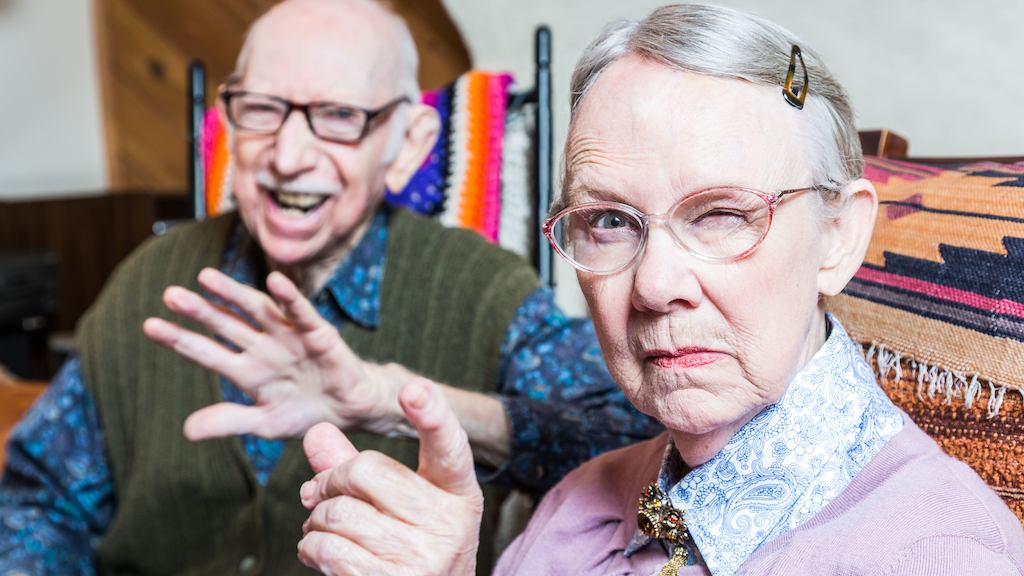The ‘illusory truth effect’ is if you tell someone something often enough, they eventually start to believe it. This can be a wonderful thing, used to reinforce positivity. But it can also be extremely damaging when you’re repeating words that constantly undermine.
Using negative language like the small sample of words above about older people is simply ageism – and this unappealing habit has become so mainstream we hardly recognise we’re doing it. But the effects and consequences of our choice of vocabulary run deep. This socially ingrained ageism can become self-fulfilling as it repeats stereotypes of physical and mental decline, social isolation, and economic burden. There’s only so many times you need to be told that you are helpless or dependent before you start to believe it.
So negative language on age can have a deeply personal effect. Research shows that those in later life with a positive attitude to ageing are likely to live 7 and a half years longer on average than those who are depressed and downbeat. Our choice of words and the images they instil make it difficult to maintain that positivity for many.

